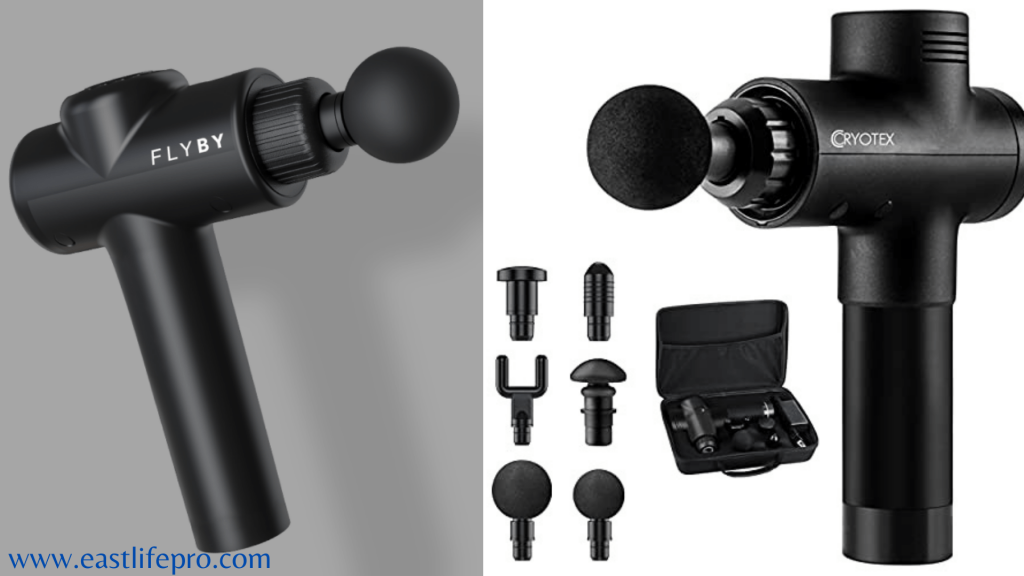Neuro-linguistic programming (NLP) is an approach to communication, personal development, and psychotherapy created by Richard Bandler and John Grinder in California, United States in the 1970s. NLP’s creators claim there is a close connection between neurological processes (“neuro”), language (“linguistic”) and behavioural patterns learned through experience (“programming”) and that these can be changed to achieve specific goals in life. Bandler and Grinder also claim that NLP methodology can ‘model’ the skills of exceptional people, allowing anyone to acquire those skills.
NLP comprises a range of theories and techniques. Its creators claim that it can be used to improve communication (both verbal and non-verbal), change behaviours, and achieve goals.
The founders of NLP were inspired by computer science; they regarded the human brain as being like a computer with programs (patterns of behaviours) running on it, which could be changed or modified. They believed that people could be trained to change their mental “programs” in order to achieve specific aims or goals. Additionally, New Code NLP India Certification Training can also be an excellent program to learn the practical applications of NLP Techniques.
NLP in Therapy
Neuro-linguistic programming, or NLP, is a form of psychotherapy that aims to help patients change their thought patterns and behavior. Neuro-Lingiostic Programming has been shown to be effective in treating a variety of mental and emotional disorders, including anxiety, depression, phobias, and post-traumatic stress disorder (PTSD).
NLP is based on the idea that our thoughts and emotions are shaped by our experiences and that we can change our patterns of thinking and feeling by changing our behaviour. Neuro-Lingiostic Programming therapists use a variety of techniques to help patients modify their thoughts and behaviours, including regular conversation, role-playing, and ‘ homework’ exercises.
If you’re considering NLP therapy, it’s important to find a qualified practitioner who has experience treating your specific condition. NLP can be an effective treatment for many mental and emotional disorders, but it’s not right for everyone. Be sure to discuss your expectations and concerns with your therapist before starting treatment. NLP therapy helps achieve holistic development of mind, body and soul. Many practitioners have proclaimed NLP to the most transformative modality ever. Using Neuro-Lingiostic Programming to modify the undesirable aspects of self, is one of the best therapeutic use of New Code NLP.
NLP in Business
Neuro-Lingiostic Programming is commonly used in business circles for a number of purposes, chief among them being sales and marketing. Its techniques can be used to improve communication and negotiation skills, and to help individuals overcome obstacles to success.
There are a number of different applications for Neuro-Lingiostic Programming in business, some of which are more well-known than others. One popular example is the use of NLP to improve sales skills. By understanding the way that people process information, salespeople can learn to better match their own communication style to that of their customers, making it more likely that they will be able to close a deal.
NLP can also be used in marketing, both to create more effective advertising campaigns and to help businesses understand the needs and wants of their target demographic. By understanding how people think and behave, businesses can tap into powerful psychological triggers that will encourage people to buy what they are selling.
Finally, Neuro-Lingiostic Programming can be used as a tool for personal development. Its techniques can help individuals overcome emotions such as fear and insecurity that might otherwise hold them back from achieving success. In addition, Neuro-Lingiostic Programming can help people develop greater self-awareness, which can lead to greater levels of personal satisfaction and achievements both in business and in life in general. In Business, Nlp can help in Human resource function to manage individuals and increase productivity across functions. Neuro-Lingiostic Programming can improve communication thoroughly and help increase achieve professional excellence. Many companies organize NLP trainings and Neuro-Lingiostic Programming workshops to help employees improve their communication and get more results in less time.
NLP Techniques for individuals
NLP techniques are very popular and there are many different techniques that you can use. Neuro-Lingiostic Programming techniques can be used for a variety of different purposes, but they are most commonly used to help people overcome obstacles in their lives.
If you are looking for ways to improve your life, then Neuro-Lingiostic Programming techniques may be able to help you. There are many different techniques that you can use, and they all have different purposes. You will need to find the right technique for you, and then you can start using it to make changes in your life.
Here are some of the most popular techniques:
- Visualization – The envisioning of Ideas with the use of imagination.
- Affirmations – Using certain subliminal messages to program the mind.
- Goal setting – Setting objectives that are specific, measurable, achievable, realistic and time bound.
- Time management – Managing time as per priorities based on urgency and importance.
- Mindfulness – Using self presence to perceive more information that often gets lost amidst external noise.
- Relaxation – Calming the mind and body to unplug and destress.
- Self-hypnosis – Programming the conscious and subconscious mind using trance.
Transformative NLP International has been conducting personalized NLP Training in Mumbai, Delhi, Hyderabad, Dubai, and cities around the world, teaching practical applications of NLP Techniques to deal with everyday life situation.
James Martin is a passionate writer and the founder of OnTimeMagazines & EastLifePro. He loves to write principally about technology trends. He loves to share his opinion on what’s happening in tech around the world.



